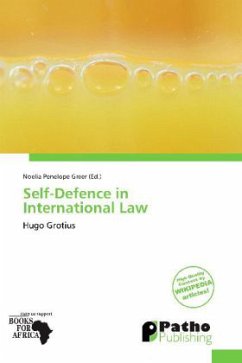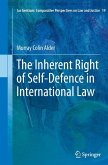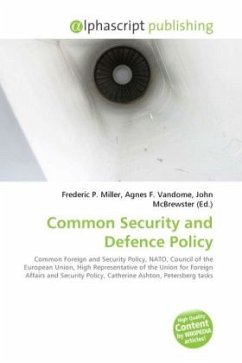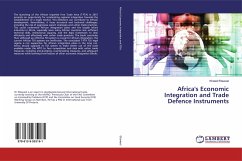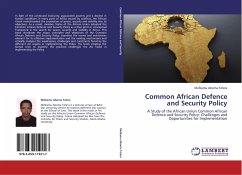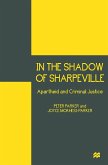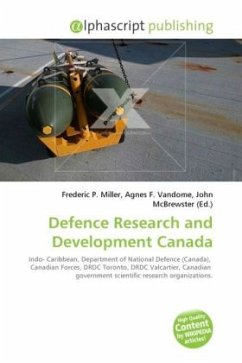Hugo Grotius, the 17th century jurist and father of public international law, stated in his 1625 magnum opus The Law of War and Peace that "Most Men assign three Just Causes of War, Defense, the Recovery of what's our own, and Punishment."International law recognizes a right of self-defence, as the International Court of Justice (ICJ) affirmed in the Nicaragua Case on the use of force. Some commentators believe that the effect of Article 51 is only to preserve this right when an armed attack occurs, and that other acts of self-defence are banned by article 2(4). The more widely held opinion is that article 51 acknowledges this general right, and proceeds to lay down procedures for the specific situation when an armed attack does occur. Under the latter interpretation, the legitimate use of self-defence in situations when an armed attack has not actually occurred is still permitted. It is also to be noted that not every act of violence will constitute an armed attack. The ICJ has tried to clarify, in the Nicaragua case, what level of force is necessary to qualify as an armed attack.
Bitte wählen Sie Ihr Anliegen aus.
Rechnungen
Retourenschein anfordern
Bestellstatus
Storno

